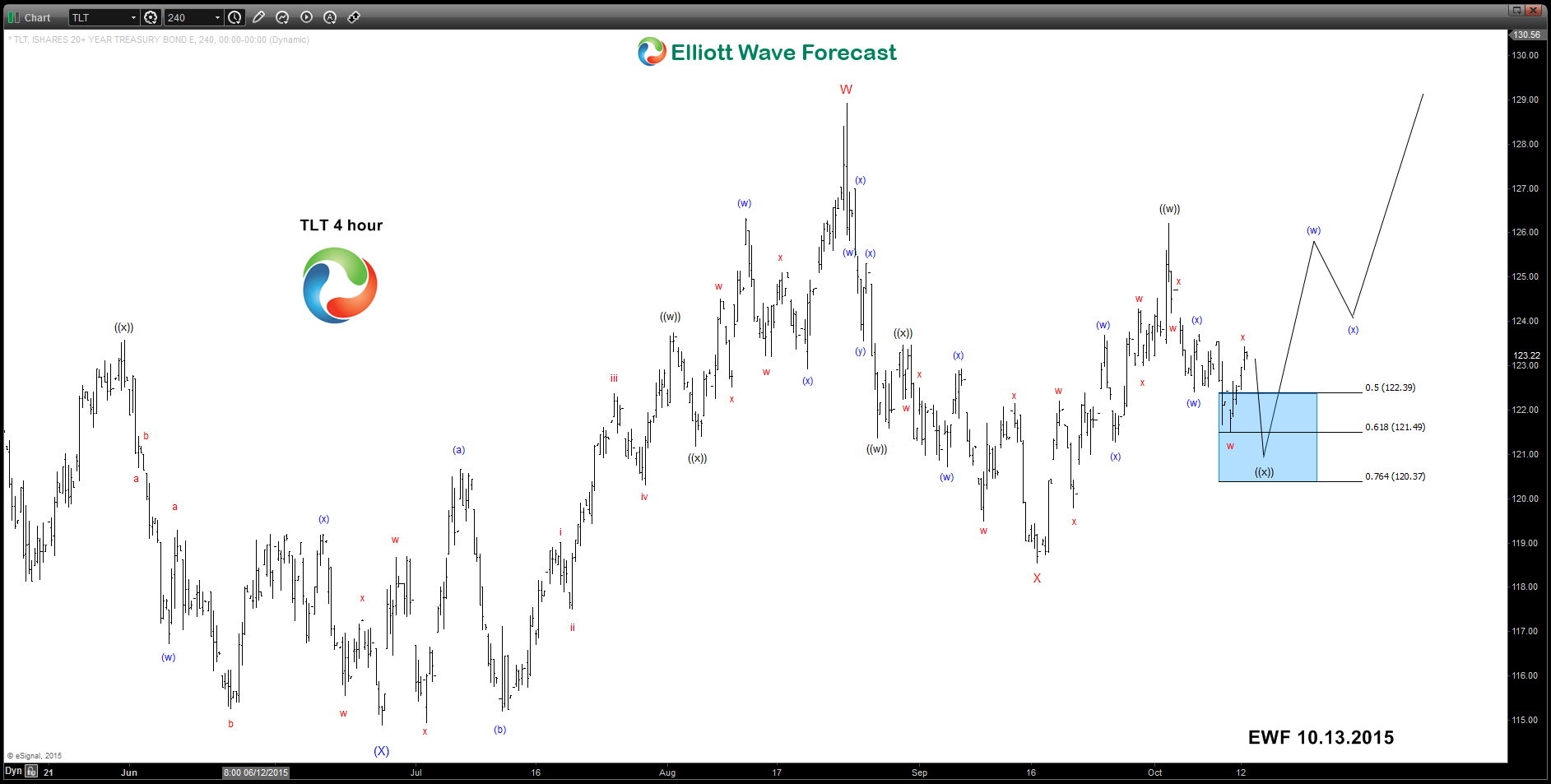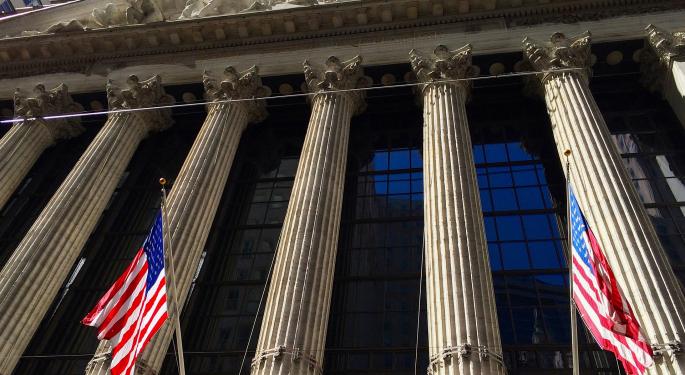
Fink said, stressing that BlackRock's theory that a firm could combine alpha and beta production turned out to be "a correct assumption."īlackRock has owned the top spot on Pensions & Investments' ranking of index managers beginning in 2010. "I think over the last 10 years, we disproved the naysayers," Mr. Fink said, and went on the lookout for an opportunity to acquire a large passive manager rather than try to build a large-scale practice organically. In 2007, BlackRock studied the role of ETFs in investor portfolios, Mr. Fink said the successful integration of those firms gave him and the executive committee the confidence to go through with the BGI deal. However, after the acquisitions of State Street Research & Management in 2005 and Merrill Lynch Investment Managers in 2006, Mr. Fink said he "wasn't quite confident enough" to go through with the deal, noting "I didn't think BlackRock had the DNA to make an acquisition" at the time. In fact, he said that after "very in-depth conversations" with Barclays in 2004 about acquiring BGI, BlackRock "walked away" from the deal.Īt that time, BGI would have been BlackRock's first acquisition since its founding in 1988 and Mr. Fink said BlackRock already had a "very strong" relationship with BGI prior to deal negotiations in 2009.
#ISHARE BARCLAY FULL#
Fink said, but noted that the firm also needed to be able to offer institutional and other investors a full spectrum of investment strategies, including passive and quantitative approaches. BlackRock was able to offer active products and risk technology with our Aladdin systems," Mr. "Clients were looking for complete solutions.

Fink said the "foundational context" of BlackRock's acquisition of BGI was to address client demand for outcome-oriented portfolio strategies. It also demonstrated why scale is becoming essential for asset management firms' survival in a turbulent environment," said Daniel Sondhelm, CEO of Sondhelm Partners, Alexandria, Va., a firm that advises money managers on marketing and distribution strategies, in an email. The BlackRock-BGI deal was "a game changer because it showed the industry what real scale can achieve with the successful merging of active and passive management under one roof. And my answer to that nonsense was 'Why not? Our clients use both,'" Mr. The BGI acquisition gave BlackRock "a unique platform that no other firm had ever had because at that time there was a belief that the cultures of active and passive managers were so diametrically different that you could never have a firm have both. 1, 2009 to March 31.īlackRock struck the deal with Barclays to broaden the firm's investment capability with passive and quantitative investment strategies, particularly exchange-traded funds, Chairman and CEO Laurence D. Worldwide assets under management have since increased 98.2% to $6.52 trillion from Dec. 1, 2009, BlackRock more than doubled its worldwide assets under management to about $3.29 trillion from $1.44 trillion and became the world's largest money manager, a status it has retained. In a deal that rocked the global investment industry in the early aftermath of the great financial crisis, New York-based BlackRock agreed to pay $13.5 billion to acquire the investment management business of London-based Barclays. Goldman Sachs & Co.Ten years ago today, BlackRock took a giant step toward becoming the world's largest money manager, announcing it would acquire Barclays Global Investors. The Johns Hopkins University (Investment Management) Northern Trust Investments, Inc.(Investment Management) BlackRock Fund Advisors (BFA) is the investment advisor to the Fund.Ĭharles Schwab Investment Management, Inc. The Index includes investment grade the United States credit securities that have a remaining maturity of greater than or equal to one year or less than three years. The Index measures the performance of investment grade corporate debt and sovereign, supranational, local authority and non-United States agency bonds that are the United States denominated.


The Fund seeks results, which correspond generally to the price and yield performance, before fee and expense, of investment grade credit sector of the United States bond market as defined by the Barclays Capital U.S.

IShares 1-3 Year Credit Bond ETF (the Fund), formerly iShares Barclays 1-3 Year Credit Bond Fund, is an exchange-traded fund (ETF).


 0 kommentar(er)
0 kommentar(er)
